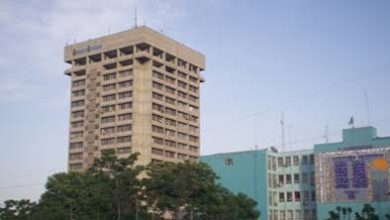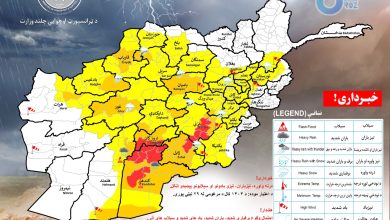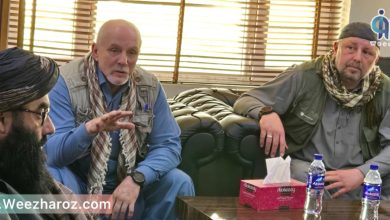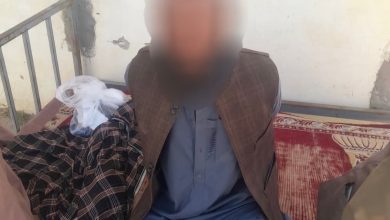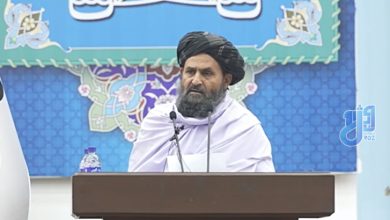Former BBC Journalist Arrested in Pakistan; AJSO Warns: Freedom of Expression is at Risk
The Afghanistan Journalists Safety Organization (AJSO) condemned in the strongest terms the arrest and abuse of Mahmood Kochi, a former BBC journalist, and his son by the Pakistani police. This act is a clear violation of freedom of expression and the basic rights of journalists, escalating concerns about the increasingly critical situation for Afghan journalists in Pakistan.
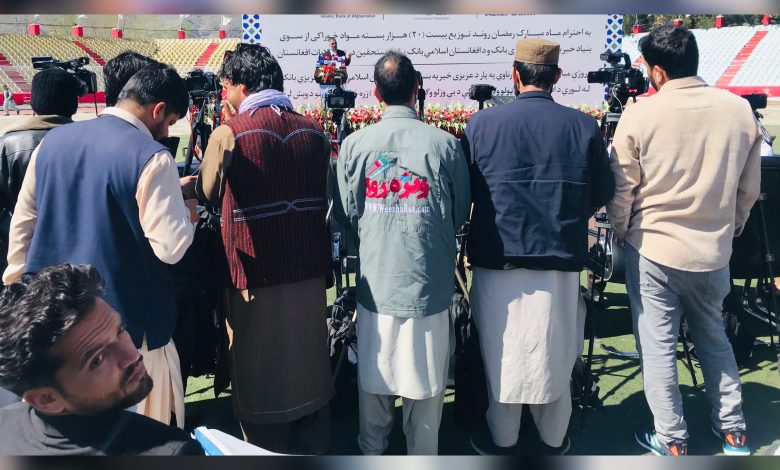
Weezha Roz-Islamabad-Dozens of Afghan journalists, who have fled for various reasons, are now facing legal and security challenges in Pakistan.
The non-renewal of residency documents and the rejection of legal documents by Pakistani police have increased the risk of arrest, forced expulsion, and deportation back to Afghanistan.
Reports indicate a rise in the systematic harassment of these individuals.
Many journalists in Pakistan are facing physical and psychological threats due to the lack of international support.
1. Pakistan must uphold its international obligations to protect refugees.
2. Journalists without documents should be covered by the United Nations High Commissioner for Refugees (UNHCR).
3. Pakistan must provide a safe environment for journalists to work and should welcome cooperation with international organizations to address this crisis.
4. Countries like the United States should expedite the immigration cases of journalists to prevent their forced return to Afghanistan.
5. Human rights organizations and the media should intensify international pressure on Pakistan to end the suppression of journalists.
Reports from the Committee to Protect Journalists (CPJ) show that Afghanistan is now one of the most dangerous countries for media activities, with 181 cases of media freedom violations recorded in the past year.
Human rights organizations are calling for immediate global intervention to support Afghan journalists.
AJSO also urges media outlets and international organizations to raise public awareness about the systemic human rights violations through extensive coverage of this crisis.
Weezha Roz
